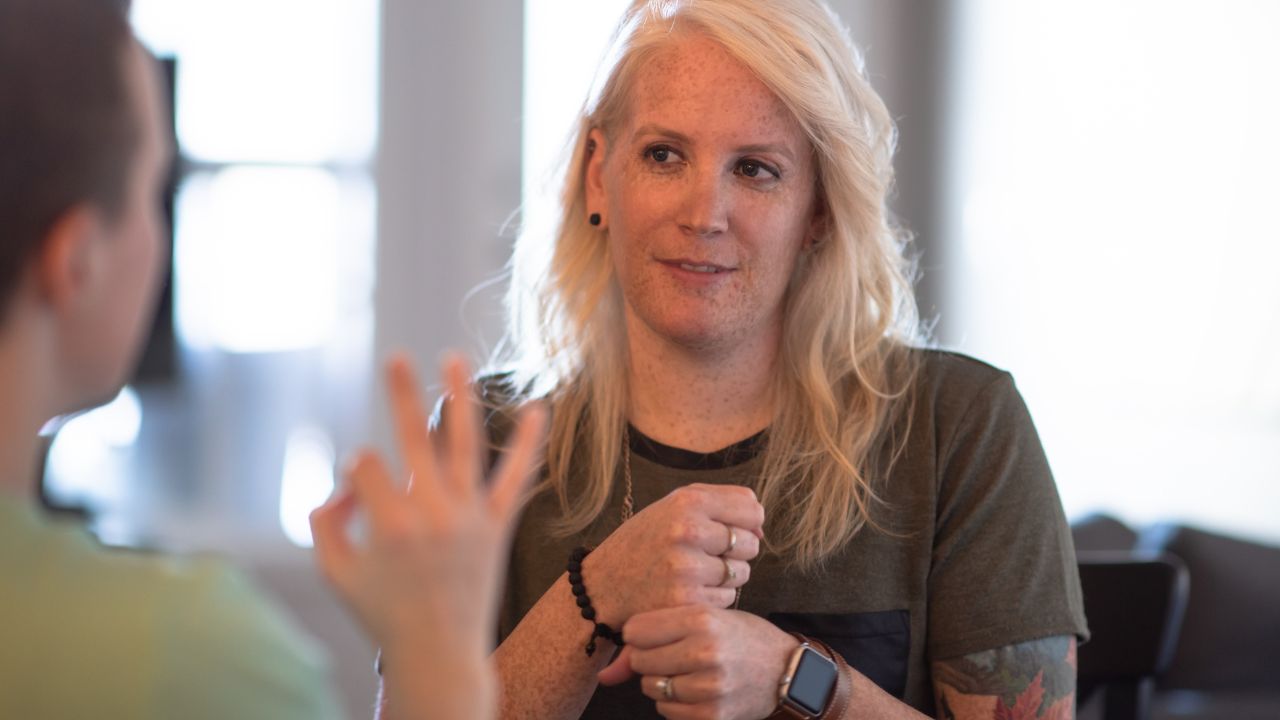Recovering from narcissistic abuse can be far more painful and prolonged than an average breakup. Beyond heartbreak, survivors often grapple with deep wounds in self-esteem, trust, and emotional safety. The confusing and manipulative nature of narcissistic relationships leaves many with lingering questions and emotional scars that take time to heal.
What Is Narcissistic Abuse?
While healthy narcissism can be a useful trait—helping individuals set boundaries and maintain confidence—narcissistic abuse is a toxic pattern that erodes your sense of self. People with narcissistic tendencies often prioritize their own needs and disregard the feelings or boundaries of others, leaving their partners feeling invisible and unvalued.
Many survivors struggle to put themselves first, especially if they identify as codependents. Codependency can cause someone to constantly please, fix, or care for their partner—often at the cost of their own emotional health. This dynamic intensifies when the partner is narcissistic, leading to remorse, low self-worth, and anger.
Recognizing a Narcissist
Contrary to popular belief, narcissists are not always flamboyant or overtly charismatic. Some appear shy or likable at first, making them difficult to identify. However, individuals with Narcissistic Personality Disorder (NPD) typically exhibit:
-
An extreme sense of entitlement
-
A constant need for admiration
-
Lack of empathy or genuine emotional connection
-
Viewing partners as extensions of themselves or sources of validation
-
Difficulty with intimacy and consistent disrespect
-
Use of manipulative tactics like gaslighting to control and confuse
Because narcissists tend to be highly defensive and lack humility, they often react negatively to criticism, leaving their partners doubting their own feelings and reality.
The Impact of Narcissistic Abuse
Being in a relationship with a narcissist can be emotionally exhausting and damaging. Gaslighting and manipulation distort your sense of self and reality, often causing anxiety, depression, and emotional burnout.
To fully recover from narcissistic abuse, personal empowerment is essential. This means rebuilding your self-esteem, establishing boundaries, and reclaiming your emotional independence.
How Therapy Can Support Your Recovery
If you’re seeking support, individualized therapy is highly effective in helping survivors of narcissistic abuse rebuild their lives. Therapeutic approaches focus on:
-
Processing emotional trauma
-
Rebuilding self-worth and trust
-
Learning healthy relationship patterns
-
Developing resilience and empowerment
I offer individual counselling tailored to fast-track your healing and help you become a fierce, confident version of yourself. You can learn more about my counselling services here:
Individual Counselling with Martina Magnery
Further Resources on Narcissistic Abuse and Recovery
-
Psychology Today on Narcissistic Abuse: Understanding Narcissistic Abuse
-
Healthline: Signs of Narcissistic Abuse and How to Heal
-
The National Domestic Violence Hotline: Emotional Abuse Resources
Take Your First Step to Freedom
If you’re feeling overwhelmed or stuck, know that healing is possible. With the right support and tools, you can regain your sense of self, rebuild your emotional strength, and cultivate relationships grounded in respect and love.
Contact me today to explore how my therapy can help you heal from narcissistic abuse and rediscover your power.





